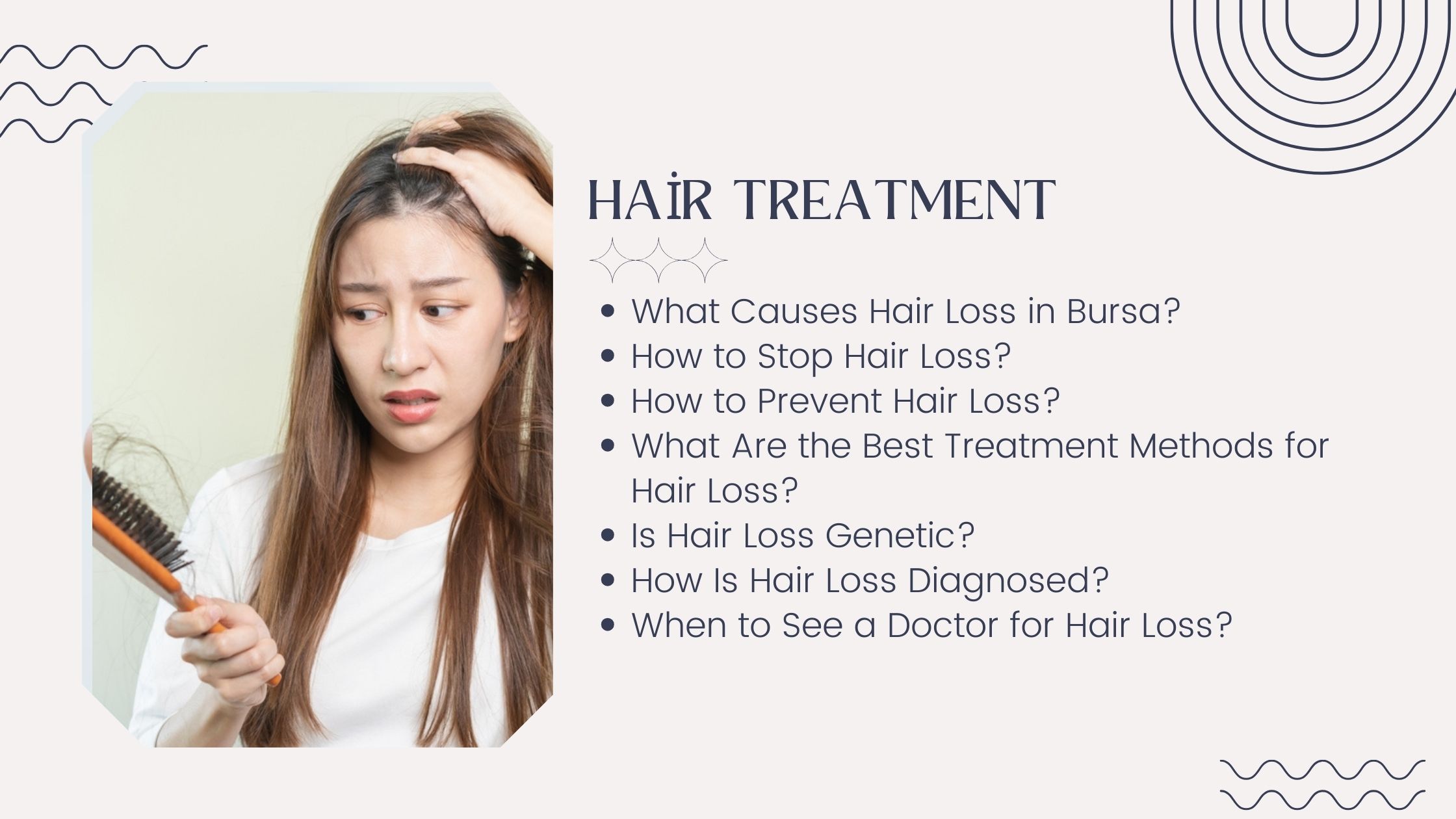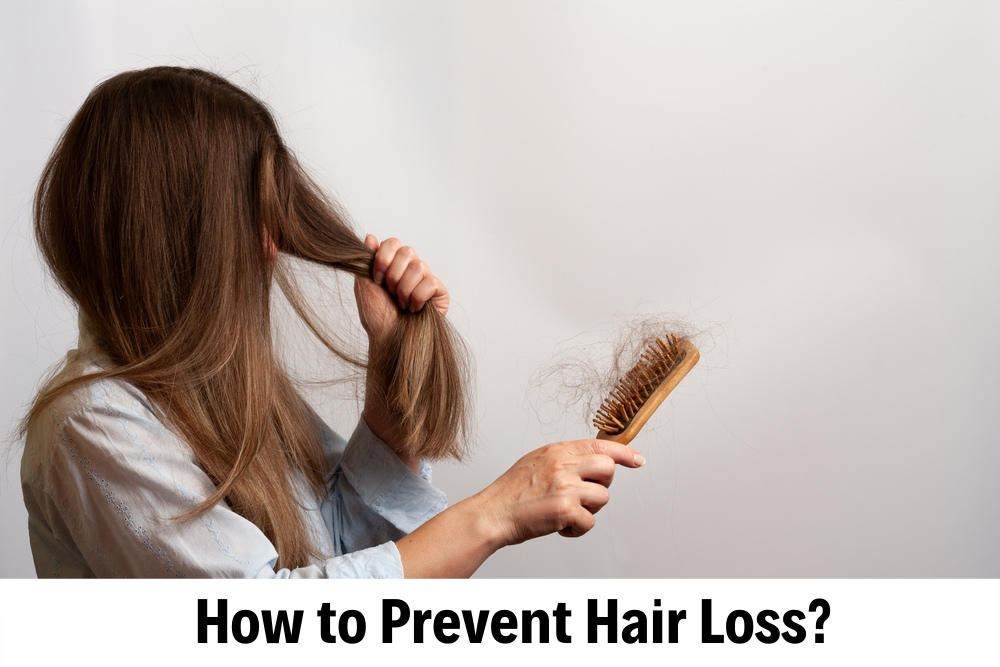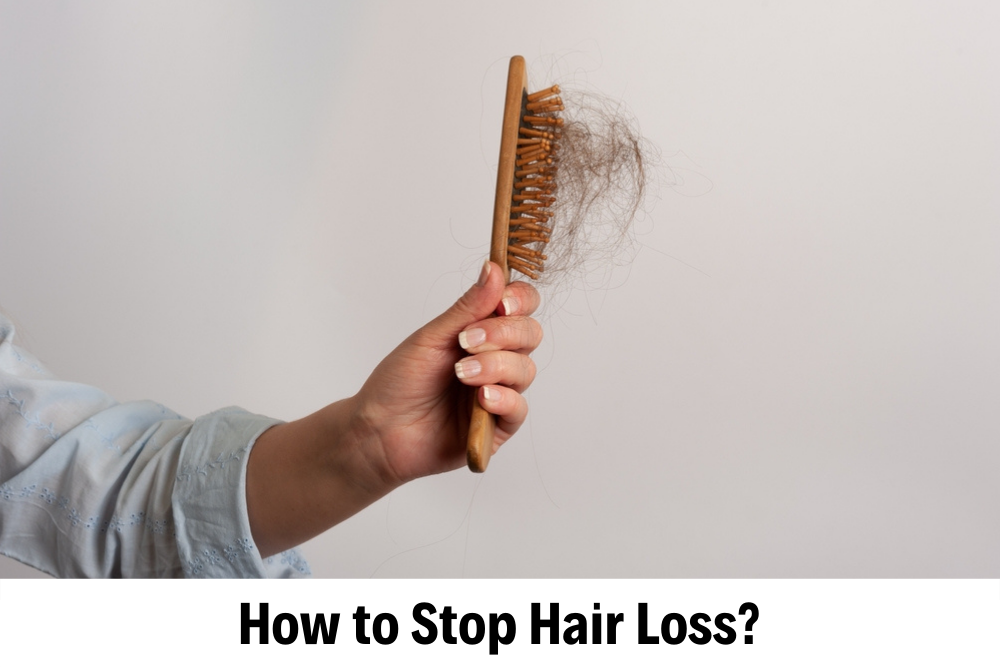Hello,
How Can We Help You?
Contact Form
Fill in the form and we will contact you as quickly as possible.
Contact us on Whatsapp
Scan with your camera app or click the QR code to start a conversation.


What Causes Hair Loss in Bursa?
How to Stop Hair Loss?
How to Prevent Hair Loss?
What Are the Best Treatment Methods for Hair Loss?
Is Hair Loss Genetic?
How Is Hair Loss Diagnosed?
When to See a Doctor for Hair Loss?
Hair loss can occur due to various reasons. The most common cause of hair loss is androgenetic alopecia, which results from genetic predisposition. This condition is characterized by the weakening and thinning of hair follicles due to the influence of hormones. Additionally, hormonal changes, thyroid issues, nutritional deficiencies, stress, illnesses, medications, scalp infections, and physical traumas such as tight hairstyles can also lead to hair loss.
Hair loss can manifest differently in men and women. In men, it typically presents as thinning in the frontal and crown areas, whereas in women, it may involve overall thinning of the hair or thinning in specific areas. Consulting a dermatologist or hair specialist is important to determine the exact cause of hair loss. Methods such as hormonal tests, blood tests, and scalp biopsies can help identify the reasons.
There are several preventive and treatment methods to stop hair loss. Here are some measures that can be taken:
Adopting a balanced diet containing essential nutrients like protein, iron, zinc, vitamins A, C, and E is important for hair health.
Stress can trigger hair loss. Reducing stress through regular exercise, meditation, and relaxation techniques can be beneficial.
Regularly wash your hair and use appropriate shampoo and hair care products.
If hair loss is a significant concern, consult a dermatologist or hair specialist for a professional evaluation.
Treatments for hair loss recommended by a doctor, such as medications like minoxidil or finasteride, or procedures like Platelet Rich Plasma (PRP) applications, can help stop or slow down hair loss.
For advanced cases of hair loss, hair transplantation may be considered. Techniques such as FUE or FUT involve transplanting healthy hair follicles to areas experiencing hair loss.
One of the most effective methods to stop hair loss is for individuals to improve their lifestyle and dietary habits, manage stress, and, if necessary, seek medical treatments. The treatment approach should be determined based on the cause of hair loss and the individual's health condition.

Hair loss can be a worrying condition for many, but it can be managed with proper care and precautions. To prevent hair loss, you can follow these tips:
Adopt a diet rich in protein, iron, zinc, and omega-3 to support hair health.
Regularly wash your hair and keep your scalp clean. Use natural products free of chemicals.
Stress can trigger hair loss. Reduce stress by practicing relaxation techniques.
Avoid hair damage from tight hair ties, heat styling, etc.
If you're experiencing severe hair loss, consult a specialist. Health issues or vitamin deficiencies may contribute to hair loss.
By following these methods, you can reduce hair loss and promote healthier hair. For more information, you can visit the website.

Effective treatment methods for hair loss can help you regain your hair health. The best treatment options include:
Minoxidil is a topical solution effective in reducing hair loss. Regular use can stimulate hair growth.
Finasteride, a prescription medication for male pattern baldness, can slow down hair loss.
Hair transplant may be considered for achieving permanent results. This procedure, performed by experts, restores natural-looking hair.
Adopt a diet containing essential nutrients for hair health. Vitamins and minerals like biotin, iron, and zinc can support hair health.
If experiencing severe hair loss, consult a dermatologist or specialist. Seek professional help to identify the underlying causes of hair loss.
For more information about hair loss treatments, you can visit the website. Our experts can provide you with information on the
best treatment options suited to your needs.
Hair loss is often a result of genetic factors. Particularly common in men, male pattern baldness (androgenetic alopecia) occurs due to genetic predisposition. In this condition, hair follicles become sensitive to a hormone called DHT and gradually thin out.
In addition to genetic predisposition, various factors can influence hair loss. Hormonal changes, stress, unhealthy eating habits, and certain medical conditions can also contribute to hair loss.
To learn more about hair loss and effective treatment options, you can visit the website. Our experts can provide information on how genetic factors affect your hair health.
Accurate diagnosis of hair loss requires consulting a dermatologist or specialist. The diagnosis of hair loss typically involves the following steps:
Individuals experiencing hair loss are evaluated by dermatologists through physical examination and detailed review of medical history.
Blood tests may be conducted to identify medical reasons such as hormonal or vitamin deficiencies underlying hair loss.
Trichoscopy is a method used to examine hair roots and scalp in detail.
In rare cases, a small tissue sample from the scalp may be taken and examined to confirm the cause of hair loss.
Diagnosing hair loss requires expertise, and these steps are crucial for devising an accurate treatment plan. For more information and to schedule an appointment, you can visit the website. Our specialists will be happy to assist you.
While hair loss is often a natural process, in some cases, it may require medical attention. If hair loss accelerates, noticeable thinning occurs, or hair loss suddenly increases, it's important to consult a dermatologist or specialist. Additionally, if hair loss is accompanied by itching, redness, sores, or other skin problems, immediate medical attention is necessary. Early intervention is important to identify potential health issues underlying hair loss and initiate appropriate treatment. By consulting a doctor, you can receive a professional evaluation and preserve your hair health. If you have concerns about hair loss or notice symptoms, don't hesitate to contact specialists.
Contact Form
Fill in the form and we will contact you as quickly as possible.
Contact us on Whatsapp
Scan with your camera app or click the QR code to start a conversation.